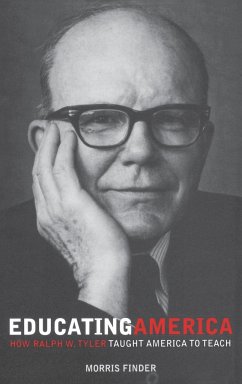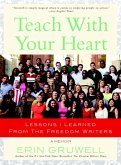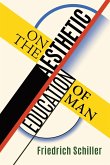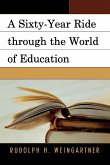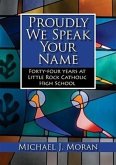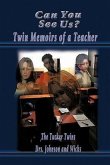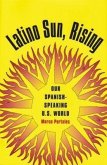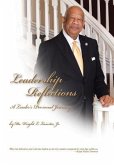In his preface to this work, Henry Louis Gates Jr. writes, "If you want insight into what's right and what's wrong about the current debate over standards, you'd be well advised to start with the redoubtable Ralph Tyler." Finder's work is the first to chart the career of the man who developed the nation's report card, the National Assessment of Educational Progress. Ralph W. Tyler, one of the most influential educators of the 20th century, held strong and closely argued views on issues we debate today- tracking, class size, and how the school can cope with the demands of the public. In his decades long career at some of the nation's most prestigious universities, Ralph W. Tyler changed the course of American education. His work reverberates today in our national discourse on public schooling and in the currency of his groundbreaking testing instrument, the National Assessment of Educational Progress. It was Tyler who, during the Great Depression, understood that high schools in particular must prepare their graduates for practical and useful work. Tyler maintained his connection with teachers and public schools by managing to spend several hours a week visiting various classrooms and engaging instructors and administrators. Tyler, a strong proponent of local control of schools, was convinced that nationwide tests and standards were unsuited to the diversity of communities across the country. His own assessment, the NAEP was developed in such a way as to be informative but not necessarily prescriptive. Tyler's commitment to teacher education resulted in the establishment of workshops, a radical idea in its time. The author, a student of Tyler's while teaching school in Chicago, brings the insider's perspective to Tyler's work. In so doing, he presents an informed view of an educator whose strong views and philosophy affect schools in the United States to this day.

